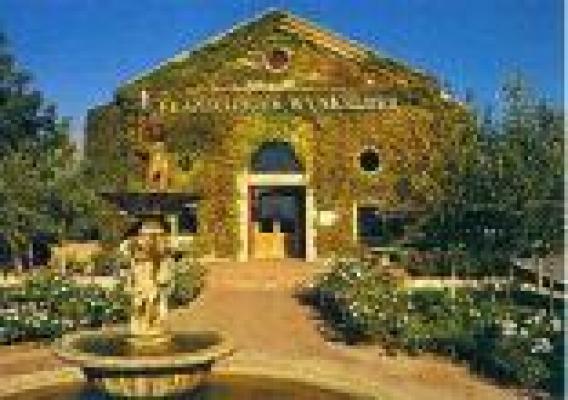More than three centuries ago about 200 French Huguenots, having escaped religious persecution, settled in the Berg River Valley and founded the community of Franschhoek. With its fine balmy summers and the majority of its rainfall in winter, the French Huguenots recognised the potential of the region for wine production and fruit growing.
The French established vast wine estates throughout the valley. Today you will not only find many of these estates but also numerous small family vineyards. Sixteen of these vineyards form part of the Vignerons de Franschhoek which was formed to promote the valley and its wines.
The wine route is open for tastings and cellar tours and is within half an hour's drive from Stellenbosch, Paarl, Wellington and Somerset West wine routes. Franschhoek also forms part of the scenic Four Passes Fruit Route.
At the foot of the pass you will find the Huguenot Memorial and Museum which commemorates the 250th anniversary of the arrival of the Huguenots. The museum serves as an information and research centre on the Huguenots and their descendants.
The Jan Joubert's gat bridge is one of the oldest bridges in South Africa still in use and is in the Franschoek pass.
The Dutch Reformed Church is a National Monument and is open to the public on request.
Not only did the French bring their viticulture, they also left behind a rich heritage of arts, architecture and hospitality, all of which survives to this day. The main street is lined with galleries displaying local arts, craftshops and antique shops.
Being almost surrounded by mountains there are some breathtaking scenic hikes in the nature reserve, mount Rochelle. Permits are available from the municipality, museum and the information office.
Franschhoek is often referred to as ``the gourmet capital of the Cape" and this title is justly deserved as it has some of the finest restaurants in the country. With meals ranging from French cuisine, to typical Cape cooking, to simple country fare, there is a menu for every taste and for every pocket.




